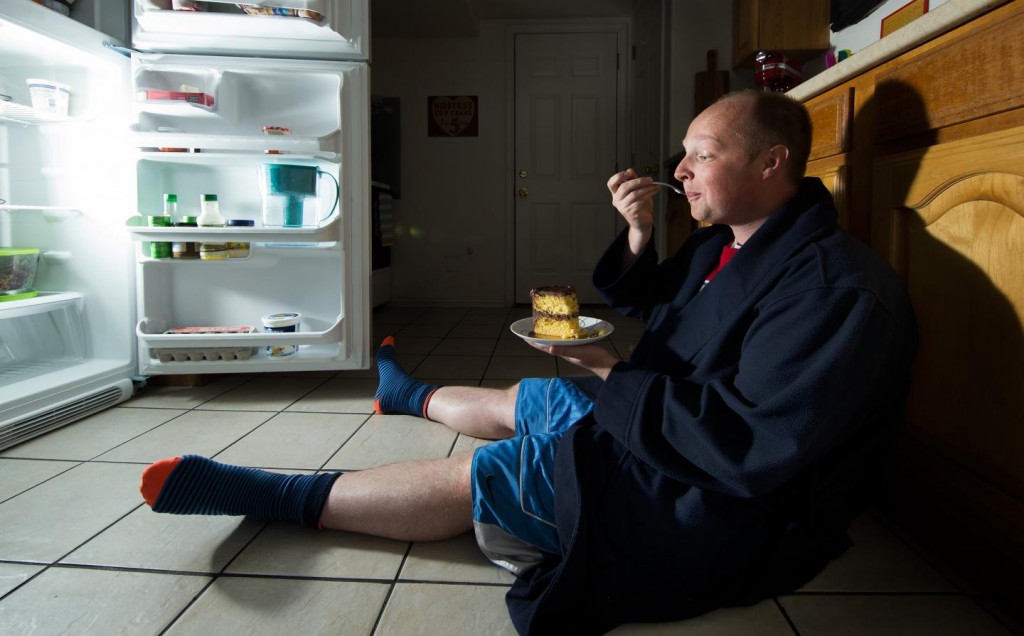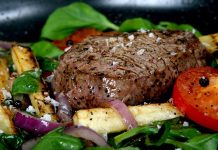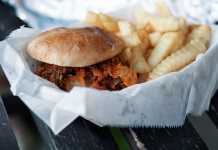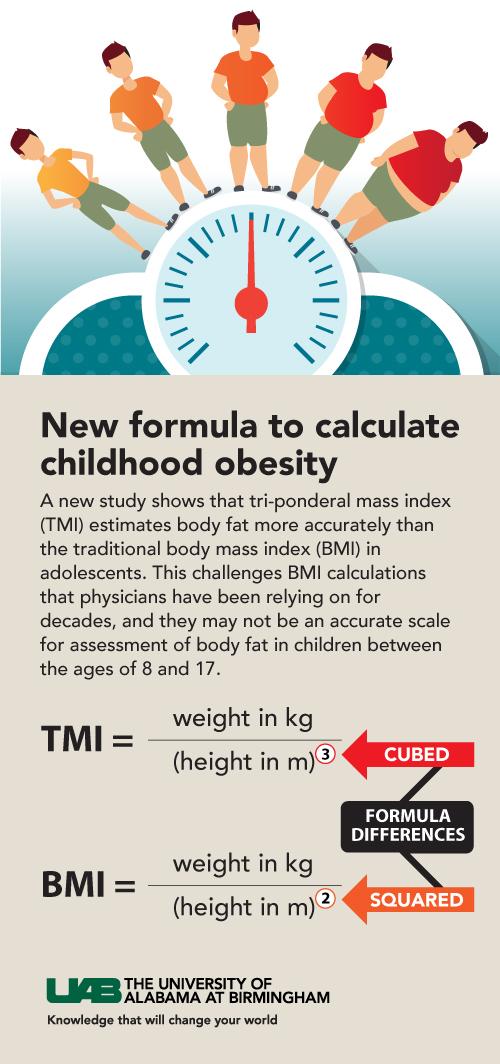Researchers are shedding new light on why you, your friends, neighbors and most everyone you know tend to snack at night.
After gobbling the fourth Oreo in a row while bathed in refrigerator light, have you ever thought, “That wasn’t enough,” and then proceeded to search for something more?
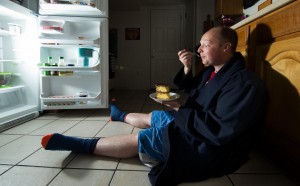
Researchers at BYU have shed new light on why you, your friends, neighbors and most everyone you know tend to snack at night: some areas of the brain don’t get the same “food high” in the evening.
In a newly published study, exercise sciences professors and a neuroscientist at BYU used MRI to measure how people’s brains respond to high- and low-calorie food images at different times of the day.
The results showed that images of food, especially high-calorie food, can generate spikes in brain activity, but those neural responses are lower in the evening.
Continue Reading Below ↓↓↓
“You might over-consume at night because food is not as rewarding, at least visually at that time of day,” said lead author Travis Masterson. “It may not be as satisfying to eat at night so you eat more to try to get satisfied.”
The study, which appears in academic journal Brain Imaging and Behavior, also reports that participants were subjectively more preoccupied with food at night even though their hunger and “fullness” levels were similar to other times of the day.
Masterson, who carried out the research for his master’s thesis under faculty advisor James LeCheminant, said the intent was to better understand if time of day influences neural responses to pictures of food.
The researchers teamed up with BYU neuroscientist Brock Kirwan to use functional MRI to monitor the brain activity of study subjects while they viewed images of food. The participants viewed 360 images during two separate sessions held one week apart–one during morning hours and one during evening hours.
Subjects looked at images of both low-calorie foods (vegetables, fruits, fish, grains) and high-calorie foods (candy, baked goods, ice cream, fast food). As expected, the researchers found greater neural responses to images of high-calorie foods. However, they were surprised to see lower reward-related brain reactivity to the food images in the evening.
“We thought the responses would be greater at night because we tend to over-consume later in the day,” said study coauthor Lance Davidson, a professor of exercise sciences. “But just to know that the brain responds differently at different times of day could have implications for eating.”
Nevertheless, researchers noted that the study is preliminary and additional work is needed to verify and better understand the findings. The next research steps would be to determine the extent that these neural responses translate into eating behavior and the implications for weight management.
Masterson, who is heading to Penn State University to work on his PhD in the fall, said the study has helped him pay better attention to how food makes him feel both in the morning and the evening. And as for his late-night eating habits?
“I tell myself, this isn’t probably as satisfying as it should be,” he said. “It helps me avoid snacking too much at night.”
Source: Brigham Young University
Journal: Brain Imaging and Behavior
Continue Reading Below ↓↓↓

